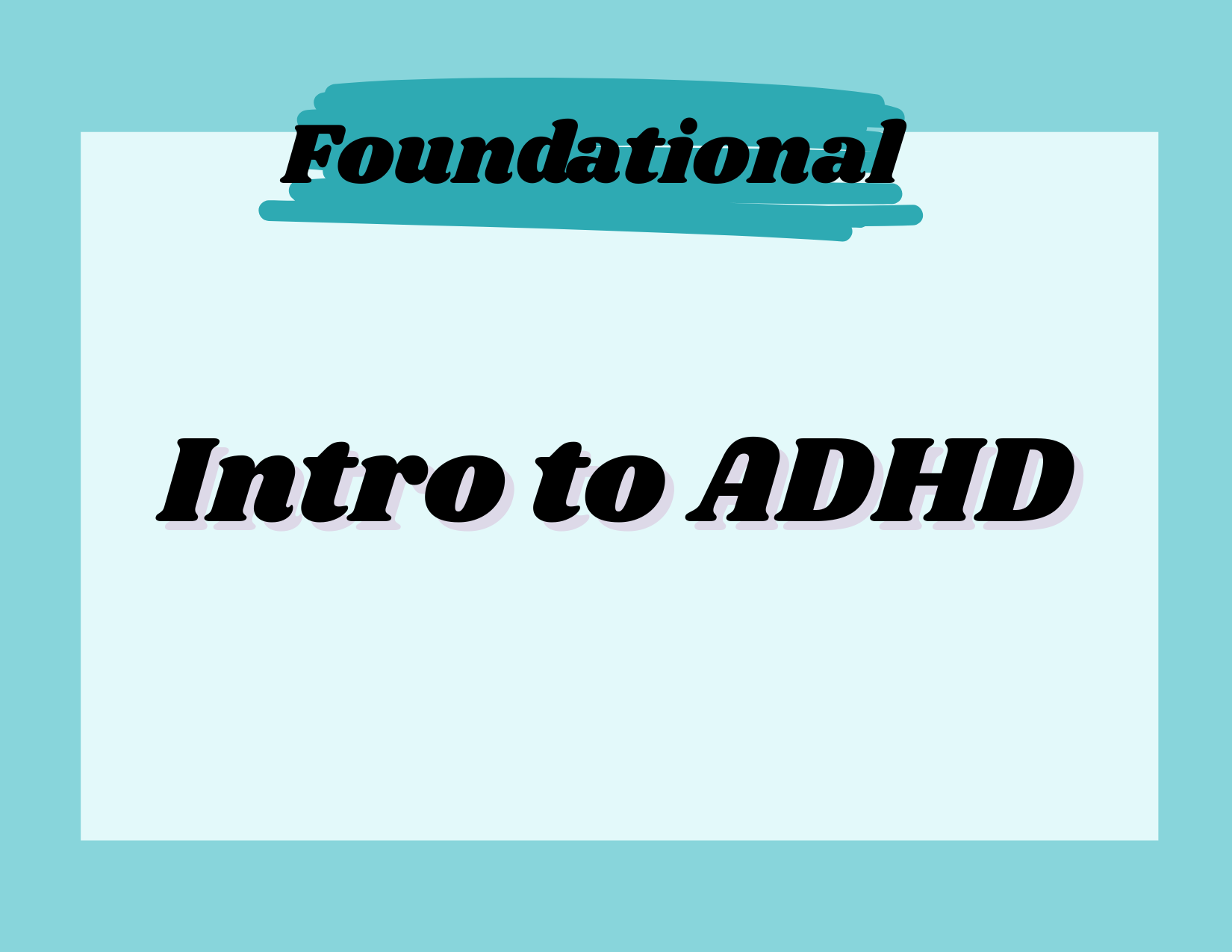JOIN US ON DEMAND
Eating Disorders & Neurodivergence 101
Available Now
This training explores the intersection of neurodivergence and eating disorders, highlighting the impact of sensory sensitivities, executive functioning challenges, and interoceptive differences. Participants will learn how conventional treatment models may fall short and gain practical strategies to create neurodivergent-affirming, individualized care plans. By the end of this course, viewers will leave with a deeper understanding of how to support neurodivergent clients and to view common practices with a more critical eye for the purpose of honoring both client autonomy and their unique sensory and cognitive experiences.
Analyze how neurodivergent traits can mimic standard criteria for eating disorder diagnoses and differentiate between overlapping symptoms.
Distinguish unique risk factors for neurodivergent individuals in the development of eating disorders.
Critically evaluate the distinction between behaviors that pose physiological risks versus those pathologized due to neurotypical treatment standards.
Apply at least two neurodivergent-affirming strategies to adapt traditional eating disorder interventions for individualized care.
This course will include:
Whats Included
Course Slides
Course Video 02:07:16
Course Feedback 13 questions
CEU Certificate 12 questions
*Most licensing boards accept APA credits, though it is up to you to confirm if your license, board and state will accept APA continuing education units.
Learning Objective
Participants will be able to:
Analyze how sensory processing differences can impact eating experiences and contribute to the development or maintenance of disordered eating in neurodivergent individuals.
Differentiate between executive function challenges that may hinder adherence to standard eating disorder treatment and neurodivergent-affirming adaptations.
Explain how interoceptive variations can affect the recognition of hunger, fullness, and other body signals relevant to eating and body image.
Critically evaluate at least two limitations of traditional eating disorder treatments when applied to neurodivergent individuals and justify the need for tailored approaches.
Apply at least two neurodivergent-affirming strategies to modify common eating disorder interventions for more individualized and effective care.

MEET YOUR INSTRUCTORS
Em Rubenstein, LMFT
Em Rubenstein (she/her) is a Licensed Marriage and Family Therapist in the states of California and Oregon specializing in eating disorders and adult neurodivergence. Em has over 10 years experience working in the eating disorder field from outpatient to residential levels of care, with all ages and genders, in all roles from Milieu Support to Clinical Director. In 2023, Em left the corporate treatment environment to focus full-time on private practice where she practices whole-person, autonomy-based care. An AuDHDer herself, her work has taken a natural turn toward primarily working with the intersection of eating disorders and neurodivergence and educating both clients and other helping professionals on how we can shift standardized care to be more neurodivergent-affirming and unlearn much of the one-size-fits-all language of eating disorder recovery work.
emilyr.lmft@gmail.com
www.TalkWithEm.com
instagram.com/em.does.therapy





![Text on a lavender background that says 'Best Seller Autism & ADHD Assessments [On Demand]' with a purple brushstroke behind the header.](https://images.squarespace-cdn.com/content/v1/67f578d37bdfa8133874d300/46c5e206-7814-43ac-a252-708ff84551ca/On+Demand+Assessment.png)




